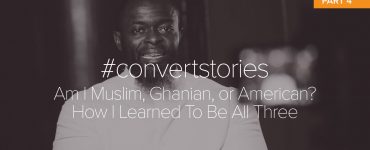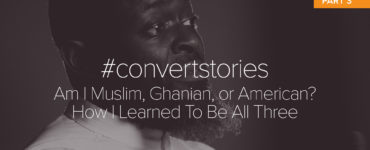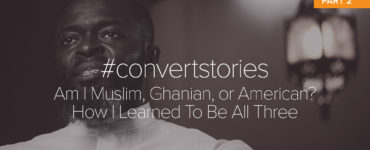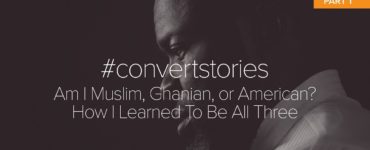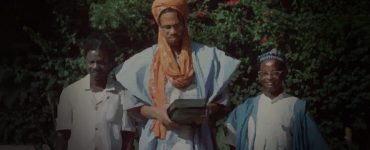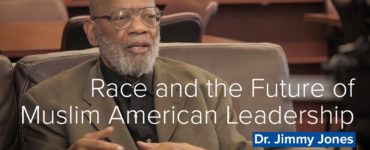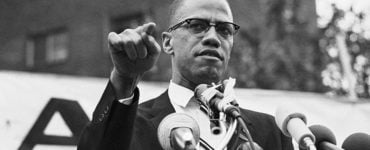Collection: Black Heritage
Culture and heritage represent a collective body of inherited knowledge, achievements, and common practices of a particular nation, religious community, or other social grouping of people. Rather than being at odds with Islam, culture and heritage, when filtered through the principles of Islam, actually enrich the community and by extension the broader society. Just as Salman al-Farsi brought his knowledge of military tactics from Persia to guide the Muslims to victory in the Battle of the Trench, so too have other communities contributed, and have the potential to still contribute, to the success of our community that is ever in need of fresh perspectives and experience to solve our increasingly complex challenges.
In this Heritage Collection, and in honor of Black History Month, we want to highlight the importance and value of distinct cultural contributions to the Muslim community, particularly from the Black American population. In their paper “Ancestral Knowledge and American Muslims: Rooting Cultural Resistance in Islam” Muhammad Khalifa, Omar Suleiman, James Wright, and Nimo Abdi set the stage by framing our discussion around how ancestral knowledge, whether developed within or outside of the Muslim community, has the potential to enrich the Muslim community and should not be priviledged or dismissed on the assumption that one community’s ancestral knowledge is more “Islamic” than anothers’. In “Dua’s of the Enslaved: The Malê Slave Rebellion in Bahía, Brazil”, Margarita Rosa demonstrates an example of how preserved Islamic culture and ancestral knowledge among enslaved African Muslims in Brazil served as the catalyst for a slave rebellion that every ethnic group of African-born slaves and freedmen alike in Bahía, whether Muslim or otherwise, took part in. In “Culture as Contestation,” Dr. Zara discusses how, in the current climate of cultural development, particularly in the West, Muslims should leverage the best of our living knowledge in the present to continue generating Islamically oriented culture that benefits our community and those around us.
In this collection we also explore examples of how ancestral knowledge within the Black American community has and can continue to offer solutions to the struggles Muslims the world over are confronting. In his paper, “A Global Model”, Khairudin Aljunied discusses how the story of Malcolm X has resonated well beyond the borders of the United States to impact social movements and politics in the Malay World. In “The Black Muslim American Mayor in the Home of the KKK” Dr. Khalil Abdur-Rashid recounts the story of how his father Mayor Chuck Burris leveraged his Islam and cultural knowledge to bring about positive change in an otherwise hostile environment. Husain Lateef’s “The Legacy of Culturally Centered Youth Approaches within the Black American Community” looks at how Black American youth have sought to develop positive identities despite systemic racism, and how Muslim youth and educators can take away lessons learned to support postive Muslim youth development in the face of Islamophobia. Lastly, Nisa Muhammad looks at where we go from here, using the case study of Black Muslim students on college campuses in her paper “Empowering Black Muslim Students for Success: What Chaplains Can Do.”
We hope that this collection can serve as a conversation starter on the broader topic of culture and heritage and its relationship to Islam. We welcome research paper submissions through our Call for Papers on similar topics featuring a range of cultures as case studies and seek to empower each and every one of us to see the beauty in our respective cultures, histories, and inherited knowledge.
Did you know? Margarita Rosa’s “Du’as of the Enslaved: The Malê Slave Rebellion in Bahía, Brazil” was featured in TeenVogue’s “The Essential Black Muslim Reading List”


